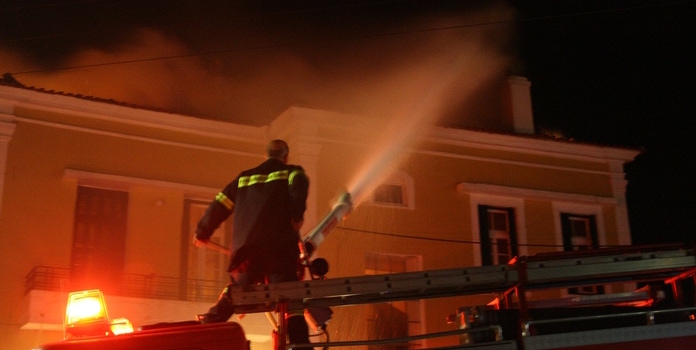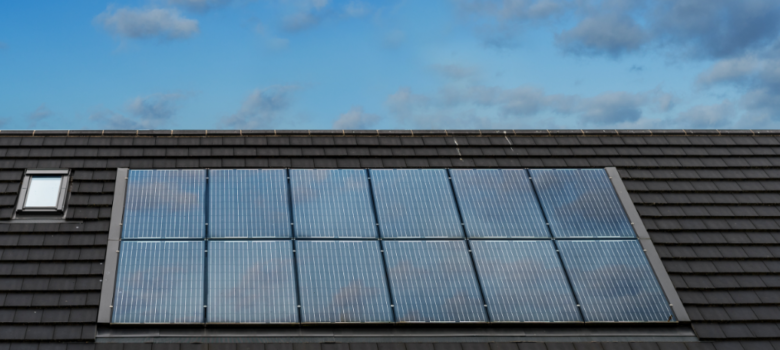As a result when battling fires in buildings with solar panels firefighters need to be prepared to apply the same tactics used for fighting electrical fires and be continuously aware of electrical shock hazards.
Fighting house fires with solar panels.
Roof access may be limited by solar panels of any type see photo 1 below.
In laboratory based fire tests of roof assemblies 1 2 the maximum allowable fire spread is between approximately 20 and 40 ft 2 1 9 and 3 7 m 2 depending on whether an a b or c rating is desired.
Firefighters fight fires not people.
When fire departments arrive to a house fire where solar panels are interconnected to the power grid they have two options to kill the power on your solar panels and both ways are very quick.
In actual roof fires with roof mounted solar panels fire damage has involved areas of between 1 000 and 183 000 ft 2 93 and 17 000 m 2.
The first way is by turning off your inverter by a simple flip of the switch located on the front panel see picture below.
Since solar panels are everywhere from home roofs to roadside signs to supermarkets firefighter training is intended to deal with all the challenges that may arrive when fighting fire with solar products involved.
Because of the various risks involved in fighting a fire on the roof of a building that is outfitted with photovoltaic panels emergency responders have started training firefighters for dealing with solar panels.
A single solar panel fire is highly unusual so seven fires by the same installer strongly suggests a pattern of malpractice.
Another big concern that bothers most people is how well firefighters are capable of controlling a house fire with solar panels.
Currently the national fire incident reporting system does not detail how many structure fires included a solar array or how many firefighters have been injured fighting fires in solar powered.
There is currently no standard emergency responder protocol for solar panels during a house fire but some state and regional.
Further complicating matters the scene lighting used in night time emergencies could be bright enough to electrify photovoltaic panels.
2 ffs injured at pa.
Solar panel modules that were broken or contained dangerous hotspots.









